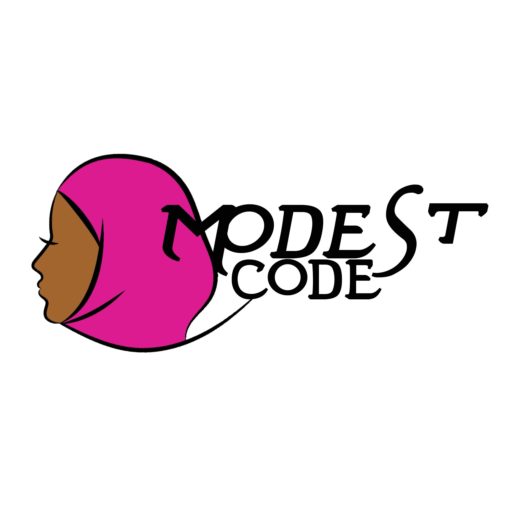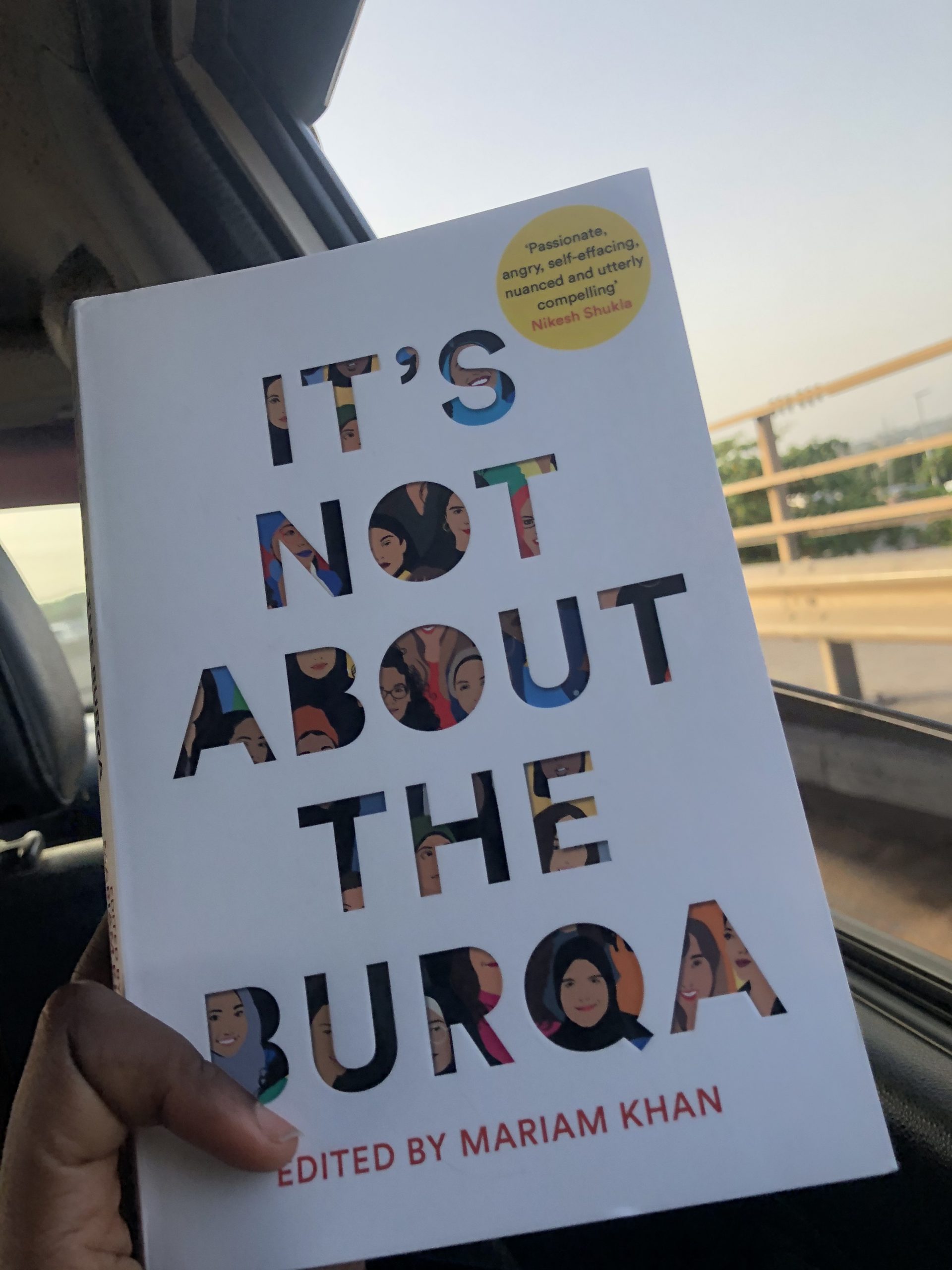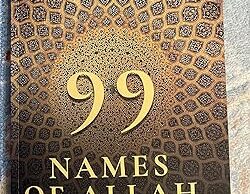The book It is not about the Burqa beautifully discusses issues on representation.The unique stories of Muslim women , Culture, society ,love, and the harsh realities that Muslim women face.
Muslim women portrayal by the media oppressed and never having unique stories.
It is no surprise that representation shows the different voices, personalities and experiences of muslim women around the world.
We love to see it.
There are seventeen essays in this book. The editor, Mariam Khan did a great job with the selection of these topics.
I must admit that, some of the comments are shocking (to find a Muslim woman oblivious of certain principles were quite shocking ).
I remember a few words from the book Bad Feminist which talks about how readers try to create a character.I had to dissociate myself from the character (here ,an actual muslim woman) .
This is an independent woman who has her own realities, strengths and weaknesses. Who am i to judge?
But this reference from Mona gave me my answer. She said,
“Writing is dangerous because we are afraid of what writing reveals: the fears, the angers, the strengths of a woman under a triple or quadruple oppression. Yet in that very act lies our survival because a woman who writes has power. And a woman with power is feared.” – Gloria Anzaldua
Lessons from the book.
-
Be your best self and acknowledge that, you are a representative of Islam.
-
Representation should not be seen as a burden.
-
Muslim women are not in desperate need of liberation.
-
Muslim women have different realities.
Some quotes from the essays.
” You think all your memories are yours alone, but often, they are given by others.” – Coco Khan
“Is the hope that, in making Muslim women more visible ,it will open doors for others?” – Nafisa Bakkar
” My mental illness does not define me.it might change my mood a-times, but it does not change who i am, and it does not make a bad person, especially in the eyes of God”. – Jamilla Hekmoun
” I’ve found being a feminist taxing because I am so emphatically othered in a movement that should represent all women” – Mariam Khan
It would be great to see contributions from women in Africa as well.Our realities are similar.
For instance would love to see portrayals from women who wear the Niqab or burqa.
In conclusion, I highly recommend this book.
You can also read on ‘ finding yourself as a muslim woman” here.





I have to read this book 😊